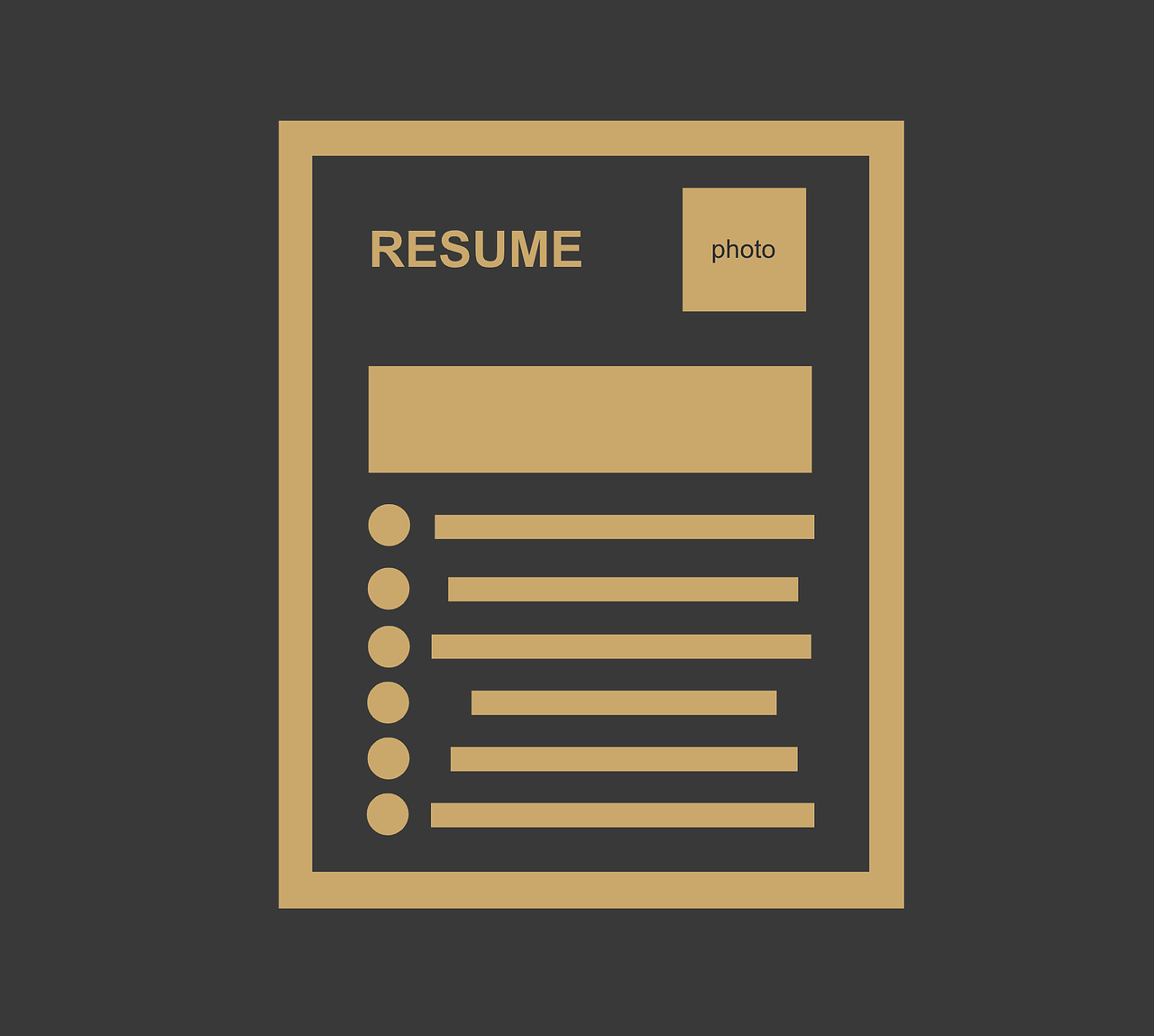

If you’re job-hunting, your resume is your best friend. Your resume is often the first impression a potential employer has of you. It provides a brief written summary of your education, your past employment history, skills that you can bring to the company plus any other data that you might want a future employer to know.
A good resume is as important to your job search as a casino sign up bonus is to an online gaming event. Presenting a good resume is one of the most crucial steps that you can take when applying for a job.
Impression
Rightly or wrongly, many employers feel that, if a candidate can’t make the effort to write a good resume, it’s not worth the employer’s time to pursue that individual. It makes sense, the employer reasons, to move on to another candidate who demonstrates, by the effort that he’s put into his own resume, that he wants the job.
It’s not hard to write a good resume that reflects your strengths and abilities. You can review examples on the Internet and find a template that is appropriate for the type of job that you’re pursuing. Obviously, resumes differ widely, depending on the type of work for which they are being submitted. But there are some commonalities to a good resume regardless of the field in which the you are searching for a job.
Keep in mind that the purpose of your resume is to present yourself – who you are, what you’ve done and what you can do. You that information to be short, concise and complete.
Format
The first thing that you need to do is to choose a format. You can choose from one of the following format options, based on the format that you think will best serve your purposes.
- Chronological / Reverse Chronological Resume Format – This is the simplest resume format. Most recruiters prefer this format because it makes it easy to see what the applicant has been doing,. The work experience section should receive the most focus in this type of format. After that, list your education and then the skills that you can bring to the job.
- Functional Resume Format – This is the type of format that you’ll want to use if you’re emphasizing your skills over your work experience (for instance, if you just graduated with a lot of knowledge but not a lot of experience).
- Put your contact information at the top of the first page of the resume, then insert a few sentences that summarize your work and education history.
- After the contact information add a few-sentence summary where you list the professional titles that you’ve held or the courses that you took along with the skills and work experience that were a part of each.
- Using bullet points, list the jobs that you’ve held. For each bullet point, write the professional title that you held, your responsibilities in that position and the skills that you were asked to use for that position.
Do the same thing for your Education section.
Add a Skills Section (see below) to round out your resume.
Skills
The skills section is usually placed below your job history and education history. Yet, for many employers, it’s the most important section of the resume. When you list your skills, you’ll want to consider editing the resume to emphasize the skills that might be needed for the job for which you want to apply.
This means that you’ll tweak your resume every time you send it out so that it is the best fit possible for the job for which you want to apply. Is it time consuming? Yes. Is it worth the time? Of course….you’re taking the time to revise what you have to offer so you hand the employer a resume that shows exactly what he wants to see.
When you write about your skills, you may wish to add a short example (no more than 1 sentence) that illustrates an example of how you demonstrated that particular skill for a job that you held.
There are basically two types of skills, “hard skills” which are skills that you must learn (technical skills such as computer repair, IT support, research skills, etc) and “soft skills” which are “people skills” or “social skills.
You can’t fudge hard skills – either you know how to copywrite, do data analysis, market with SEO/SEM, work with a graphics program, speak Chinese, do accounting, etc – or you don’t. If a job calls for one of those skills, be honest…..you can do it or you can’t.
Soft skills, however, are just as important – and often more important – than hard skills to many employers. Recruiters will sometimes assume that they can teach a new employee specific hard skills as long as the applicant has the ability to meet deadlines, work with a team, be creative and exhibit other characteristics of a good employee. When you write your resume, consider the soft skills in which you excel and include them. Some of those might include:
- Good communication skills
- Comfort in decision-making situations
- Ability to Work Under Pressure
- Self-motivated
- Leadership skills
- Ability to adapt
- Good time management skills
- Creative
- Skilled in conflict resolution situations
According to a study done by the National Association of Colleges and Employers (NACE), employers are looking to hire workers who show leadership skills and comfort with teamwork.
Any time that you spend writing, editing and reediting your resume will pay off in the end.
If you want to learn more about our blog, please click here.
